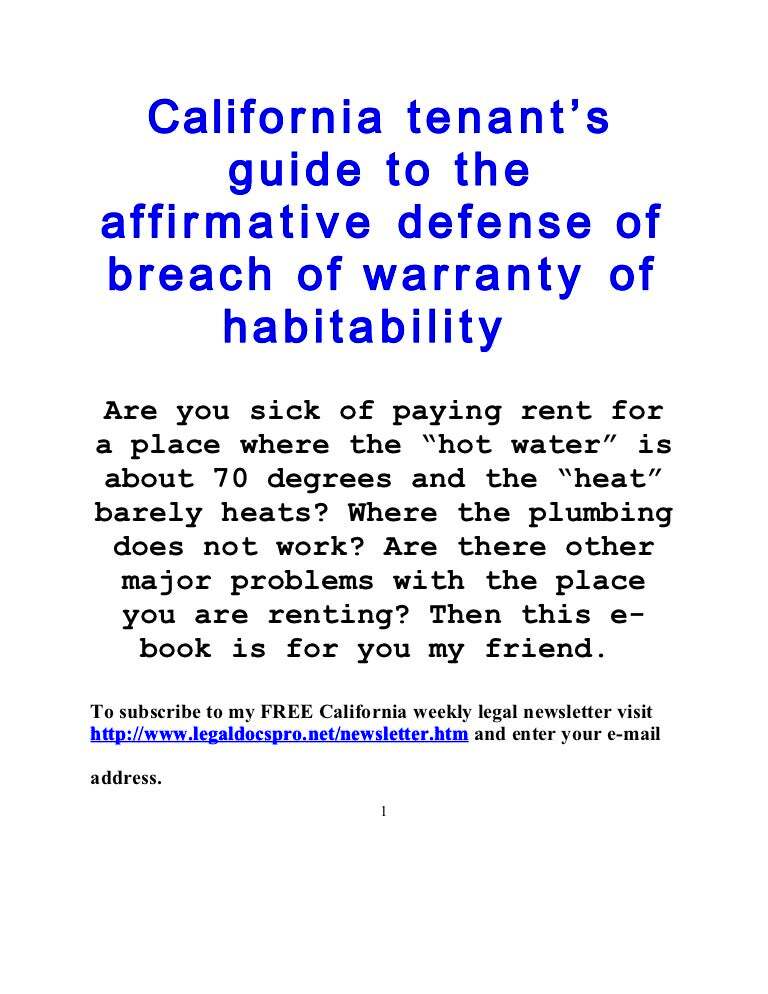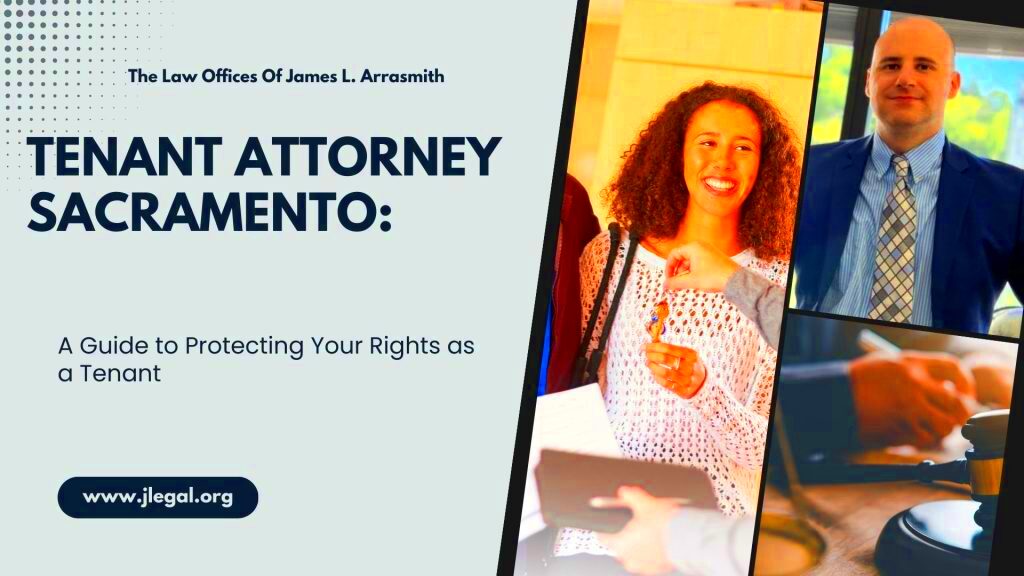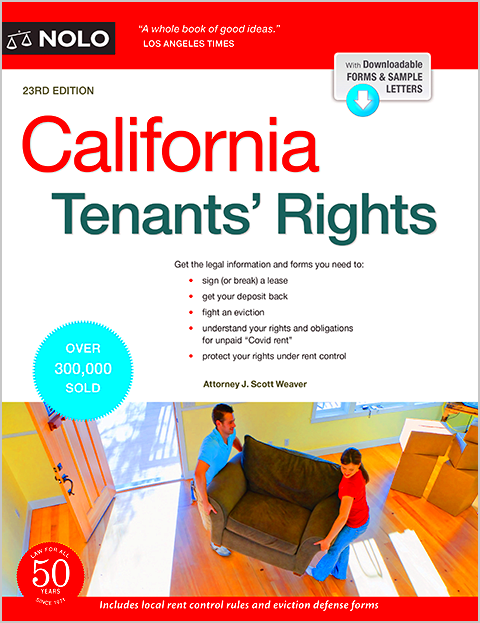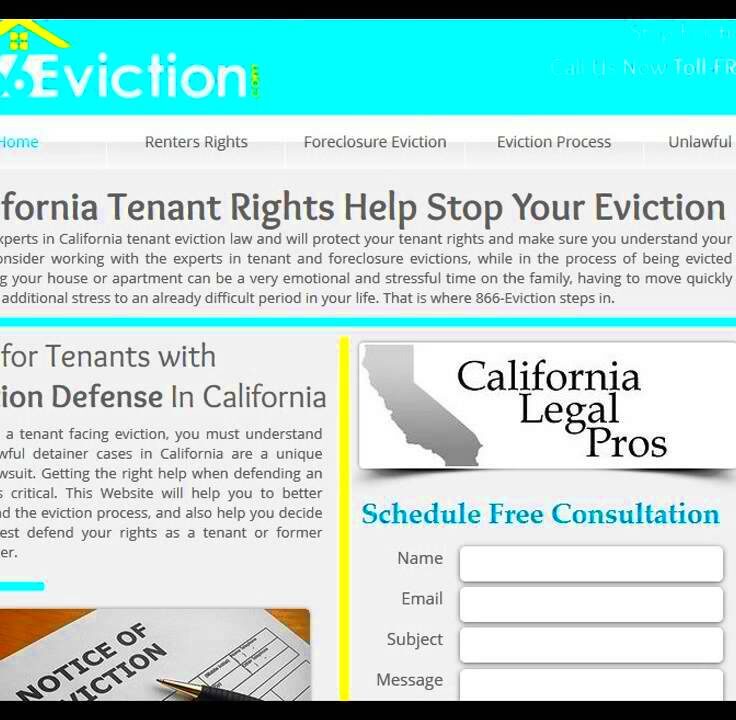Compliance with Self-Storage Tenant Rights in California
Self storage facilities serve as a convenient option for storing your possessions but they also play a role during life changes. Whether you’re moving, remodeling your house or tidying up your space knowing your rights as a self storage renter is essential. In California these rights are clearly outlined to safeguard tenants from challenges and provide a fair experience. This article will guide you through these rights how they are protected by law and the actions you can take if situations don’t unfold as expected.
Legal Framework Governing Self-Storage Facilities

The self storage regulations in California aim to establish a fair setting for tenants and owners of storage facilities. The core legal structure is outlined in the California Self Service Storage Facility Act (California Business and Professions Code Sections 21700 21716). This legislation specifies the responsibilities and entitlements of both parties involved in the arrangement.
Key aspects of the law include:
- Contractual Agreements: Facility owners must provide clear rental agreements detailing terms and conditions.
- Notice Requirements: Owners must give proper notice before auctioning off stored items due to non-payment.
- Security Measures: Facilities are required to maintain adequate security to protect tenant property.
Based on what I’ve been through I know that dealing with legal matters can feel overwhelming. However having a grasp of these regulations ensures that you’re not caught off guard. These laws are put in place to protect your belongings and outline a way to resolve issues, if they come up.
Key Rights of Self-Storage Tenants

As a renter there are certain rights that play a role in safeguarding your peace of mind. Here’s a summary of what you can anticipate.
- Right to a Written Contract: You should receive a written agreement detailing the rental terms, fees, and the duration of your rental. This contract is essential for avoiding misunderstandings.
- Right to Privacy: Your belongings are your own, and facility owners must respect your privacy. They cannot access your unit without your permission, except under specific legal circumstances.
- Right to Adequate Notice: If you fall behind on payments, the facility must provide a written notice before taking any action like auctioning your items.
- Right to Safe Storage: The facility is responsible for ensuring that your belongings are stored in a safe, secure environment.
Based on my personal encounters with storage units being aware of these rights empowers me to tackle any problems swiftly. For example when a facility mistakenly accessed my unit having a solid grasp of my rights facilitated a smooth resolution. Its reassuring to know that the law stands by you and investing your time in getting acquainted with these rights is definitely worthwhile.
Responsibilities of Self-Storage Facility Owners

Running a self storage facility involves taking on a set of responsibilities. Facility owners are not merely custodians of your items; they have a role in making sure your experience is safe and smooth. Being aware of these responsibilities can assist you in evaluating if a facility is fulfilling its duties and protecting your belongings.
The main duties of self storage facility operators involve
- Maintaining Security: Owners must implement robust security measures such as surveillance cameras, secure locks, and adequate lighting. This is essential to protect tenants’ belongings from theft and damage.
- Providing a Clear Rental Agreement: A comprehensive rental agreement should outline all terms, including payment schedules, access rights, and procedures for dealing with disputes. This contract is crucial for avoiding misunderstandings.
- Ensuring Proper Access: Tenants should have reliable access to their units during the agreed hours. Facilities must also address any issues promptly to avoid unnecessary disruptions.
- Adhering to Legal Requirements: Facility owners must comply with the California Self-Service Storage Facility Act, which includes proper notice before auctioning off items and maintaining safe storage conditions.
Drawing from my experience I remember an instance when a place didn’t promptly deal with a security concern. Knowing what the owner was responsible for helped me handle the situation and safeguard my possessions. It’s comforting to realize that these obligations are enforced by law providing reassurance while storing your cherished belongings.
Handling Disputes Between Tenants and Facility Owners

Conflicts between renters and self storage facility operators can be quite challenging. However being aware of the best ways to address them can greatly impact the outcome. Whether it’s a matter of access, safety or contractual agreements taking a methodical approach can aid in resolving disputes efficiently.
Steps to handle disputes include:
- Document Everything: Keep detailed records of all communications, agreements, and incidents. This documentation will be invaluable if you need to escalate the issue.
- Review Your Contract: Examine your rental agreement to understand your rights and the facility’s obligations. This will help you identify whether the facility has breached any terms.
- Communicate Clearly: Start by addressing the issue directly with the facility management. Clearly explain your concerns and request a resolution. Often, disputes can be resolved through straightforward communication.
- Seek Mediation: If direct communication fails, consider involving a third-party mediator. Mediation can facilitate a fair resolution without escalating the conflict further.
- Legal Action: As a last resort, you may need to pursue legal action. Consult with an attorney to explore your options and ensure that you follow the proper legal procedures.
Looking back on my experiences I’ve realized that staying composed and communicating clearly is crucial. There was a time when a mix up regarding access hours caused some annoyance but by documenting the situation and addressing it with the facility we were able to resolve it quickly. Dealing with conflicts in a way can stop them from getting worse and make sure your rights are respected.
Steps to Take if Your Rights Are Violated
If you feel that your rights as a selfstorage tenant have been infringed upon it is essential to respond swiftly and systematically. Safeguarding your rights is vital not only for addressing the situation at hand but also for averting potential issues down the line.
Here’s a step-by-step guide on what to do:
- Review Your Rights: Familiarize yourself with your rights under California law and the terms of your rental agreement. Knowing what you’re entitled to will help you address the violation effectively.
- Document the Violation: Gather evidence of the violation, including photographs, communication records, and any relevant documentation. This will support your case when addressing the issue.
- Notify the Facility: Inform the facility management about the violation in writing. Clearly state the issue, how it affects you, and what resolution you seek.
- Request Resolution: Allow the facility a reasonable amount of time to address and resolve the issue. Follow up as necessary to ensure that your concerns are being handled.
- Seek Legal Advice: If the issue remains unresolved, consult with a legal professional who specializes in self-storage disputes. They can offer guidance on the next steps, including potential legal action.
- File a Complaint: If legal advice suggests, you might consider filing a formal complaint with relevant consumer protection agencies or taking the issue to court.
There was a time when I faced a situation where my storage unit was accessed without any prior warning. However by documenting the incident and following the steps mentioned earlier I managed to resolve the issue successfully. Acting swiftly and being aware of your choices can greatly impact how you safeguard your rights as a tenant in a storage facility.
Recent Changes in Self-Storage Laws in California
The laws governing storage units in California are changing to tackle emerging issues and enhance tenant protection. Keeping abreast of these developments can assist you in navigating the process smoothly and safeguarding your rights. Lets explore the recent changes in legislation and their implications for you as a tenant.
Recent changes include:
- Enhanced Security Requirements: New regulations have strengthened security standards for self-storage facilities. Facilities are now required to implement advanced surveillance systems and improve access control measures. This aims to reduce theft and ensure your belongings are kept safe.
- Increased Notice Periods: There has been a change in the notice period required before auctioning off a tenant’s belongings. The new laws mandate a longer notice period, giving tenants more time to resolve any payment issues before their property is sold.
- Improved Transparency in Rental Agreements: Recent updates emphasize clearer, more detailed rental agreements. Facilities must now provide a more comprehensive breakdown of fees, access rights, and the procedures for dispute resolution, ensuring tenants are fully informed.
- Stronger Tenant Protection Measures: The laws now include provisions for better tenant protection during disputes. This includes easier access to mediation services and more straightforward processes for addressing grievances.
Based on my personal experience these changes have had an impact. For instance when a place I frequented faced a security breach the improved regulations ensured a quick and efficient response. Staying informed about these updates not helps you grasp your rights but also ensures that you are utilizing a facility that complies with the latest standards.
How to Protect Yourself as a Self-Storage Tenant
Keeping your stuff in a storage facility can be a smart move, but it’s crucial to protect both yourself and your belongings. Here’s a rundown of how to make the process go smoothly and safeguard your tenant rights.
Here are some practical steps you can take:
- Choose a Reputable Facility: Research facilities thoroughly before renting. Look for reviews, check for proper licensing, and visit the facility to assess security measures and cleanliness.
- Understand Your Rental Agreement: Carefully read and understand the terms of your rental agreement. Ensure that it includes details on access hours, payment terms, and the process for handling disputes.
- Keep Records: Maintain records of all communications with the facility, including payment receipts and notices. This documentation will be helpful in case of any disputes or issues.
- Regularly Inspect Your Unit: Periodically check on your belongings to ensure they are in good condition. If you notice any issues, report them to the facility management immediately.
- Secure Your Belongings: Use high-quality locks and consider insurance for valuable items. A good lock can deter potential thieves, and insurance provides an added layer of protection for your possessions.
Based on my own journey being cautious has spared me from potential hassles. There was an instance where a small hiccup regarding hours was swiftly sorted out thanks to my meticulous record keeping and clear communication with the facility. Taking measures to safeguard yourself ensures a smooth and stress free self storage experience.
FAQ
Q: What should I do if I can’t access my self-storage unit?
To address the issue reach out to the facility management team first. Inquire whether it’s an administrative mistake or a maintenance concern. If the problem continues and isn’t resolved in a timely manner take a look at your rental contract and think about getting legal counsel if needed.
Q: How can I address a dispute with the facility management?
Make sure to keep a record of all the aspects of the disagreement such as conversations and important events. Begin by tackling the problem head on with the management. If that doesn work out you might want to explore mediation or legal steps based on how serious the conflict is.
Q: What steps should I take if my belongings are damaged or stolen?
A: Inform the management right away and make sure to record any damage or theft. Review your rental contract to see if there are any sections regarding the facilities responsibility. If the facility fails to resolve the matter to your satisfaction you may have to consider taking legal steps or submitting a claim to your insurance company.
Q: Are there any new tenant protection laws I should be aware of?
Certainly recent updates involve stricter security measures longer notice periods before auctioning items and greater transparency in rental contracts. Stay updated on these changes to safeguard your rights.
These frequently asked questions tackle worries and offer tips for handling your self storage journey smoothly. Being aware and taking action in advance can assist you in dealing with any obstacles that come your way.
Conclusion
While it may initially appear daunting to grasp and navigate self storage laws in California being well informed is your strongest shield. Knowing your tenant rights understanding the obligations of facility owners and keeping up with recent legal developments all contribute to a seamless self storage journey. Drawing from my experiences I’ve come to realize that being proactive—whether it’s through checking your unit maintaining meticulous records or handling conflicts with composure—can significantly impact the outcome. Armed with these insights you can approach self storage confidently ensuring the security of your belongings and safeguarding your rights.


